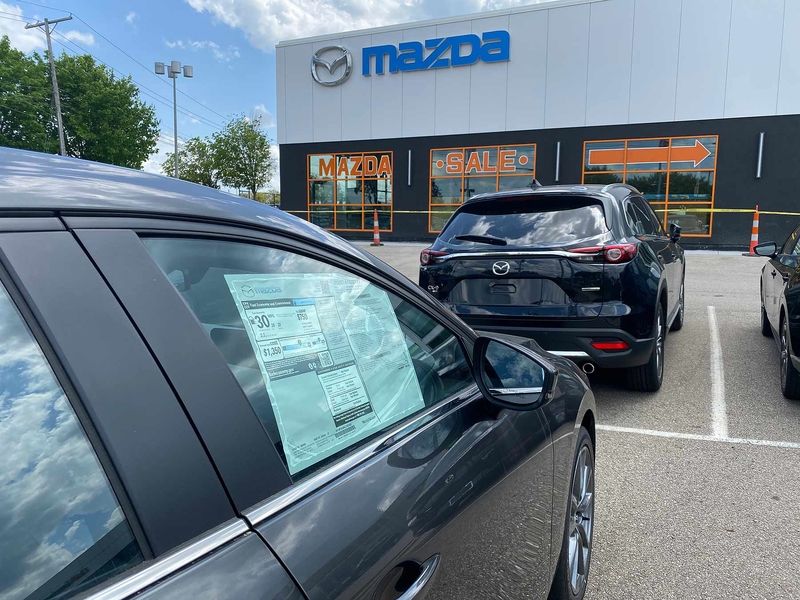
Low interest rates and longer loan terms have been a saving grace for vehicle sales, according to Experian’s latest State of the Automotive Finance Market report. Affordability remains a challenge, however, and consumers with the top credit backgrounds are returning to the used-vehicle market for deals.
Melinda Zabritski, Experian’s senior director of automotive financial solutions, said the third quarter saw a return of higher-credit customers to buying used vehicles. Those buyers were enticed in the second quarter by generous automaker incentives, but those deals are waning as the year progresses.
Prime and above borrowers made up 55.3 percent of used vehicles financed in the third quarter, a new high for the report. Still, while new-vehicle loans were more expensive, longer terms and a low interest rate kept monthly payments down.
“Rates are over a percentage point lower than where they were last year. We’re seeing the terms go up across all lender types,” Zabritski said. “There’s certainly deals to be had.”
The average monthly payment for a new-car loan rose just $9 in the third quarter to $563, Experian said. The average amount financed jumped to $34,635 in the third quarter for new vehicles, up 6.5 percent, or $2,110. Average loan terms inched up to 69.68 months, from 68.98 months in third-quarter 2019.
While the auto finance market saw increased vehicle sales compared with the second quarter, Zabritski said lenders should keep a close eye on delinquencies, particularly as coronavirus cases continue to climb in the fourth quarter.
The report also said:
- Deep subprime loans remained under 3 percent in the third quarter. Subprime lending overall fell to 19.23 percent, a record low.
- The average credit score on a new-vehicle purchase rose to 732, up from 728 in third-quarter 2019.
- New-vehicle leasing continued its descent in the third quarter, making up 26.2 percent of new-vehicle financing compared with 30.27 percent for the same period a year earlier.